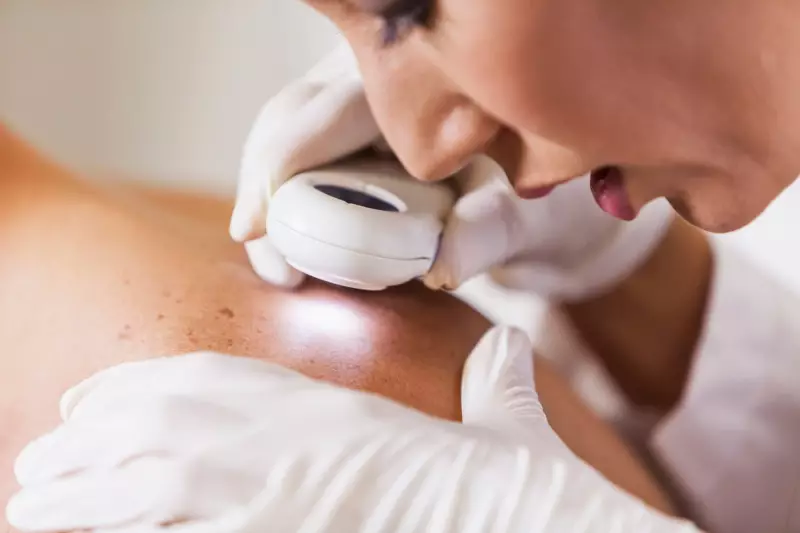
In what could represent a major advancement in preventive dermatology, new research indicates that a readily available and inexpensive vitamin supplement might hold the key to reducing skin cancer recurrence in vulnerable individuals.
The Power of Nicotinamide
Scientists have discovered that nicotinamide, a form of vitamin B3 available without prescription, demonstrates remarkable potential in lowering the incidence of common skin cancers. This breakthrough offers hope for the growing number of people diagnosed with non-melanoma skin cancers each year.
How It Works
The vitamin operates by enhancing DNA repair within skin cells and bolstering the skin's natural immune defences against UV radiation damage. This dual-action approach makes it particularly effective for individuals with a history of skin cancer who remain at elevated risk of developing new lesions.
Clinical Evidence
Multiple studies have yielded promising results, showing that regular intake of nicotinamide can reduce the recurrence of common skin cancers by nearly a quarter in high-risk patients. The research focused particularly on those who had previously experienced basal cell carcinomas or squamous cell carcinomas.
Accessibility and Cost Benefits
Unlike many specialised cancer treatments, nicotinamide presents several advantages:
- Available over-the-counter without prescription
- Remarkably affordable compared to conventional treatments
- Generally well-tolerated with minimal side effects
- Easy to incorporate into daily health routines
Important Considerations
While these findings are encouraging, medical professionals emphasise that nicotinamide should complement, not replace, traditional sun protection measures. Regular sunscreen use, protective clothing and avoiding peak sun hours remain crucial components of skin cancer prevention.
Patients considering nicotinamide supplementation should consult their healthcare providers to determine if this approach aligns with their individual health needs and medical history.
The Future of Preventive Care
This research opens new possibilities for affordable, accessible preventive healthcare strategies. As skin cancer rates continue to rise globally, such simple yet effective interventions could significantly impact public health outcomes and reduce healthcare system burdens.
Further studies are underway to explore the full potential of nicotinamide and its applications across different patient populations and risk categories.





